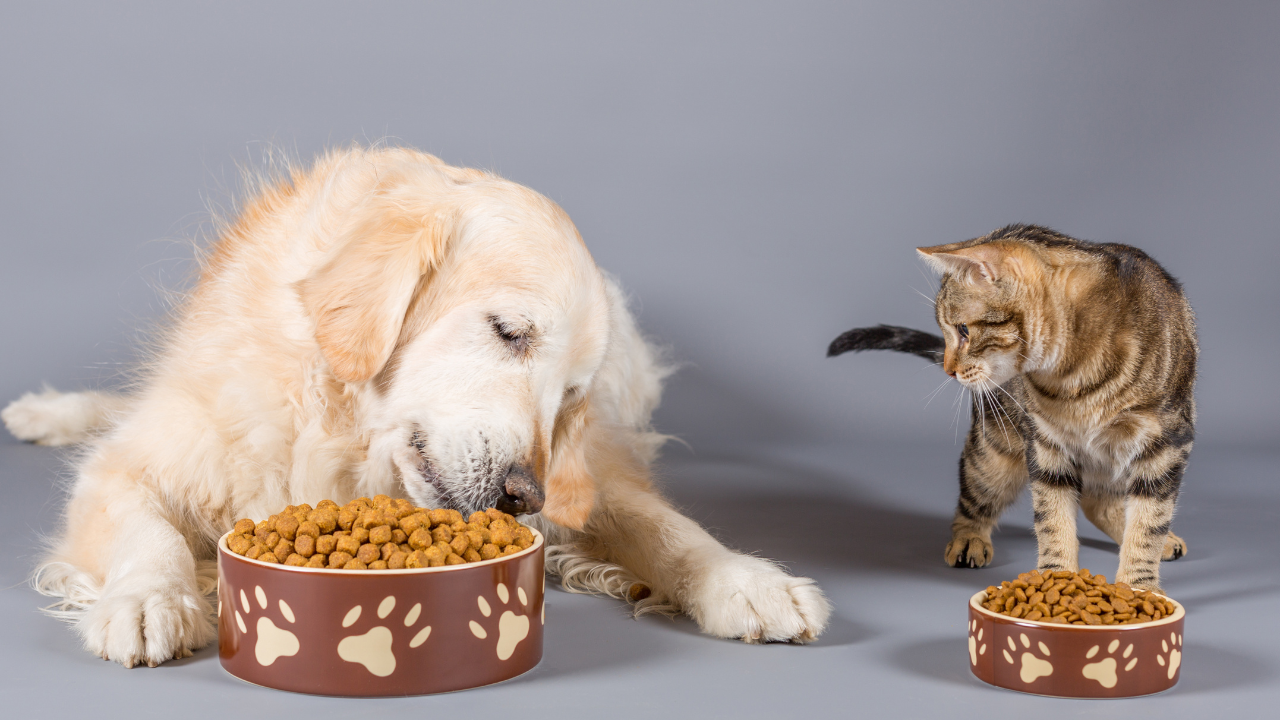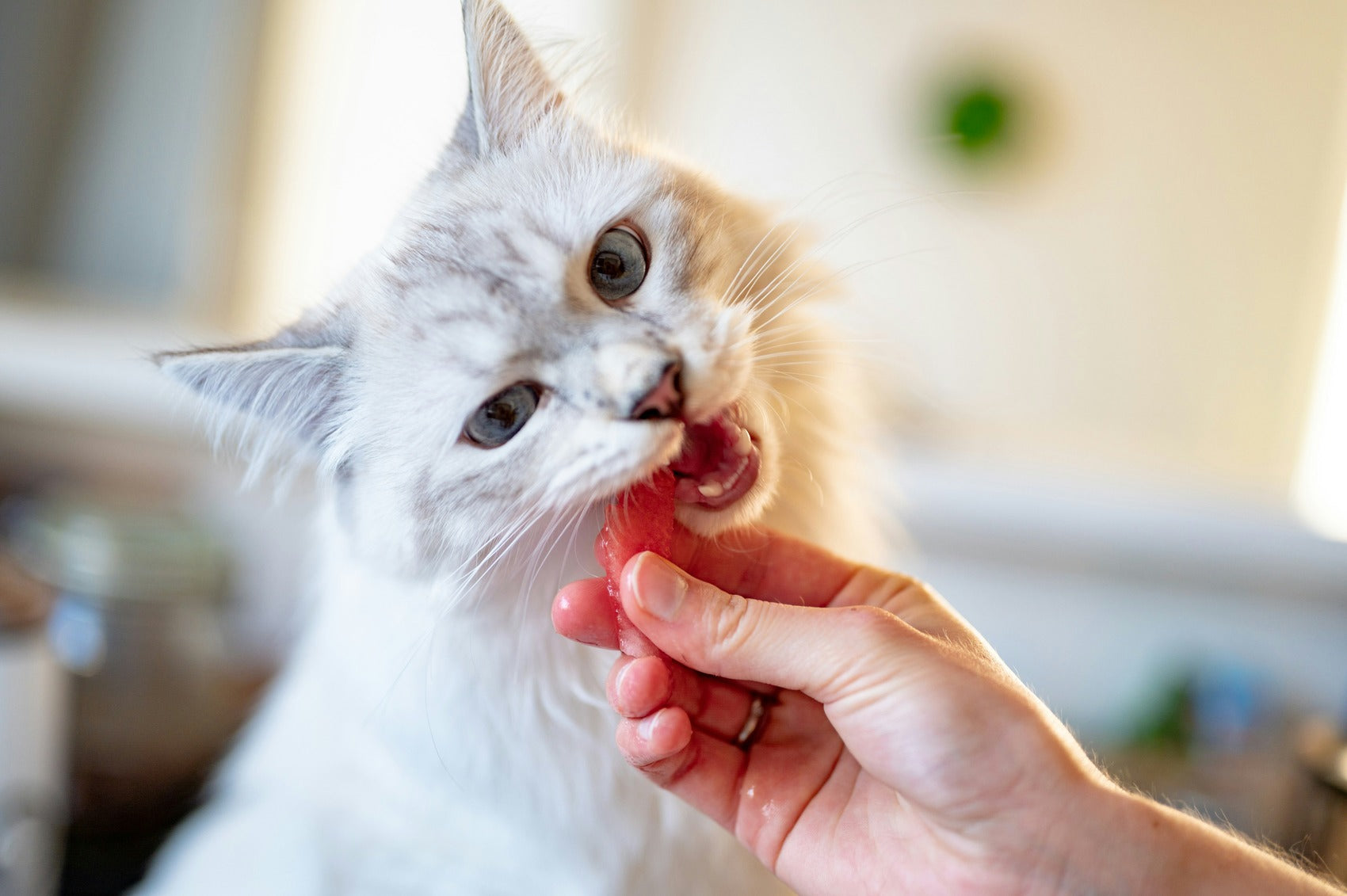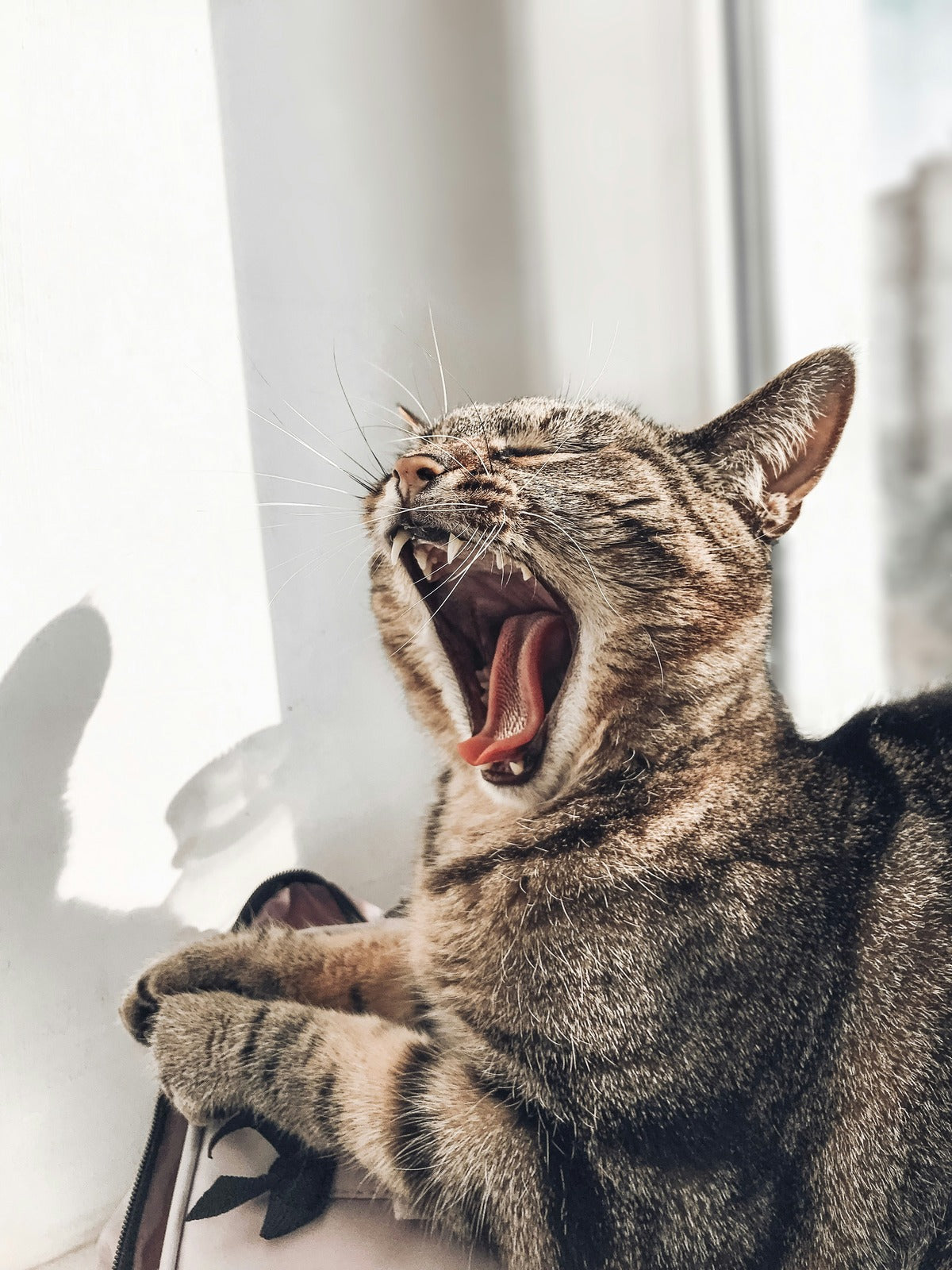National Pet Wellness Month: 8 Ways to Better Care For Your Pet’s Health
Unleash your pet's full potential this National Pet Wellness Month with our expert tips! Discover the benefits of all-natural supplements, optimize their diet, and learn the secrets to a healthy lifestyle. Strengthen the bond between you and your furry companion as you embark on this wellness journey together - a celebration of the love and joy they bring to our lives.
October is National Pet Wellness Month, and there’s no better time to check in on your furry best friend’s overall health and learn how you can help them live a longer and better lifestyle.
Here are some of my best tips to help you celebrate this special occasion and the bond between you and your beloved four-legged friend
8 National Pet Wellness Month Tips For Boosting Your Companion’s Health

- Start Supplements
Dietary supplements are a wonderful addition to your pet’s regimen at any stage in their life and a great way to help them stay healthy and live longer.
You’ll find hundreds of supplement options at your local pet store, and thousands more if you shop online. However, I’ve learned from my own experience as a veterinarian that the most beneficial ones are created with all-natural active ingredients. Unfortunately, these can be difficult to acquire in a market saturated with pet supplements of questionable quality.
That’s why Fera Pet Organics has made it our mission to create only the purest supplements crafted with high-quality ingredients. That way, you can upgrade your pet’s wellness with full confidence that they’re getting only the best.
Whether you want to improve your pet’s gut health or provide immune support, our variety of supplements for both dogs and cats will keep them connected to their inner “fera” for years to come.
- Improve Their Diet
Have you heard the expression “you are what you eat”? It’s true, and it doesn’t just apply to humans.
The food we feed our pets has a huge impact on their overall wellness, so it’s important to choose a nutrient-rich diet that will adequately support their bodies for all of your adventures and activities together.
For dogs, ideal food is made with meat for protein, vitamin-rich fruits and vegetables, and omega-fatty acids. The optimal diet for cats is rich in protein, natural antioxidants, and essential minerals like iron, calcium, and magnesium. Check the label of your pet’s current food to ensure they contain these vital ingredients. If they’re high in fillers, calories, or protein by-products, it may be time to make a switch.
If you plan to change your pet’s diet, I highly recommend contacting your veterinarian for their input. The doctor will be able to give advice based on your pet’s current health profile and needs.

- Get Plenty of Exercise
Getting up and moving might be an obvious component of any wellness plan, but its importance shouldn’t be underestimated. A physically fit pet is happier, less prone to diseases like obesity, and lives longer.
The optimal amount of daily exercise depends on your four-legged friend’s species, breed, weight, and age, but most experts agree that at least 30 minutes is ideal for any pet. Anything as simple as taking your dog for a quick walk around the block or using a cat teaser or laser to get your cat running and pouncing will work.
- Visit the Veterinarian Regularly
Regular check-ups are a must for your pet’s wellness checklist. Not only will the veterinarian make sure they are presently feeling well, but they can search for any indication of health problems that are best caught early, which could save your furry friend’s life.
It’s a good idea to schedule at least one exam for your pet each year to stay up-to-date on their vaccinations and have them thoroughly checked for any signs of illness.
- Get Them Spayed or Neutered
If your pet isn’t already spayed or neutered, you should consider having this procedure done sooner rather than later.
There are many health benefits to getting your furry friend “fixed,” including reduced risks of certain cancers and uterine infections. Plus, it will prevent you from having to deal with the long list of behavioral problems that come with an animal’s mating instinct such as aggression and the tendency to wander off in search of a mate.
- Provide Protection From Fleas, Ticks, and Heartworms
Parasites are unwanted guests in any home, and for good reason. They carry pathogens that cause serious diseases in both animals and people, trigger a range of skin problems, and they’re a huge annoyance if they start an infestation.
If your furry friend isn’t already on a flea and tick preventative, speak with your veterinarian about starting one as soon as possible. Don’t wait until they already have them to act!
Another preventative that you’ll want to consider is heartworm protection. Over 100,000 pets are diagnosed with heartworm infections each year, and the consequences can be serious if not dealt with immediately. Symptoms include:
- Coughing and difficulty breathing
- Exercise intolerance
- Spitting up blood
- Fainting
- Discoloration of skin
- Abdominal fluid
Heartworm protection is available in the form of chewable pills, topical medications, and injections. Ask your veterinarian which one is best for your pet.

- Keep Up With Dental Hygiene
Many pet parents are unaware that dental care is a very significant part of their companion’s wellness plan. Maintaining that lovely smile will not only keep their mouth and breath fresh, but it will prevent oral pain and organ damage caused by plaque entering the bloodstream.
Invest in a pet toothbrush and toothpaste to scrub those little chompers and gums at least three times a week. Also, don’t forget to schedule a thorough dental cleaning at your vet’s office annually.
- Don’t Overlook Mental Health
It’s possible for our fur babies to feel down in the dumps, especially after major life changes like a big move or the loss of a beloved owner or fellow pet.
If you suspect that your pet is struggling with depression or severe anxiety, look for tell-tale signs such as:
- Loss of interest in things they typically enjoy
- Decreased or increased appetite
- Oversleeping
- Clinginess or reclusiveness
- Overgrooming
- Sudden aggression
- Regression of house training or use of the litter box
Don’t let your pet’s gloom get you down, too. There are many ways you can help them feel better, starting with showering them with more love and attention. Keeping them active, putting them on a healthy diet, and socializing them with other people and pets are also effective ways to boost their mood.
Welcome to the Fera Family
Unlock your pet's health potential with insights from industry expert veterinarian Dr. Michelle Dulake, who combines her vast knowledge and experience to create a thriving, happy life for your furry companion.
We treat our pets like family, and we’ll treat yours like one of our own. Subscribe to your pet’s favorite organic supplements to save 10% on each order and enjoy special deals.
Interested in more pet wellness tips? Check out our blog for vet-approved advice, checklists, recipes, and more.




